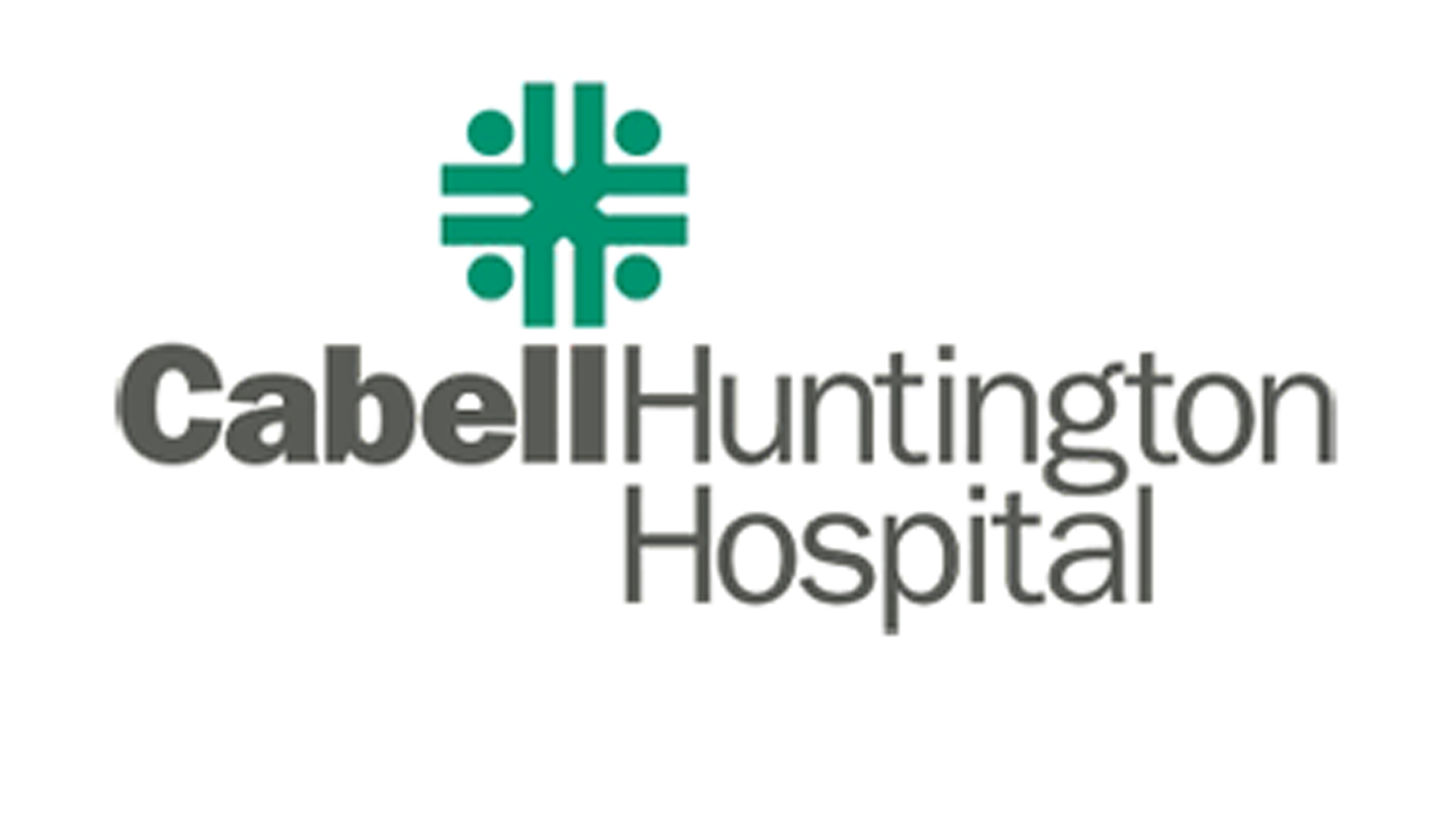Mortgage in Reverse
Published 10:03 pm Tuesday, September 2, 2008
By Benita Heath/The Ironton Tribune
Monday, September 1, 2008 11:34 AM EDT
You’ve seen the commercials. Need extra money. Own your home. Getting the cash can be as easy as signing on the proverbial dotted line.
All you have to do is be at least 62 years old. Then the money is yours. Not only that, you don’t even have to pay it back in your lifetime. Let your heirs worry about taking care of the loan after you’re gone.
It’s called a reverse mortgage and if magazine ads and television spots tell anything, it’s popularity is growing in this country.
Simply put, a reverse mortgage allows you to convert the equity you have built up in your home into money without having to make any repayments as long as you continue to live in the dwelling.
The money can simply be repaid after your death when the house is sold.
The money from the reverse mortgage can be distributed in either a lump sum, a monthly cash advance, a credit line, or any combination of these three.
According to the AARP Web site, “no matter how this loan is paid out to you, you typically don’t have to pay anything back until you die, sell your home or permanently move out of your home.”
Another feature of the reverse mortgage, compared to the more commonly known “forward” mortgage, is there is no minimum amount of income required by the lender. That’s because the borrower never has to make monthly payments as he does with a forward mortgage — the kind usually gotten to buy a home.
“You could have no income and still be able to get a reverse mortgage,” the AARP Web site says. “With most home loans, you could lose your home if you don’t make your monthly payments. But with a reverse mortgage, there aren’t any monthly repayments to make. So you can’t lose your home by not making them.”
Sounds like the loan to beat all loans, doesn’t it? Yet like all things that sound too good, financial advisers counsel the prospective candidate for a reverse mortgage do a lot of homework.
“It is one of those things I would highly not recommend to go into lightly,” Jerri Compton of the Ironton-based Creative Financial Solutions, said. “Upfront, there are a lot of fees. You are basically paying closing costs and insurance fees that can be several thousands of dollars.”
The reason older Americans might want to consider a reverse mortgage range from needing money to supplement their retirement income to having excessive medical expenses to wanting to hire in-house nursing care staff in order not to be forced into an assisted living home.
Compton also cautions that a reverse mortgage because of its special requirements cannot be teamed up with some other loans.
“You are forfeiting any equity in the home,” she said. “ You have forfeited any opportunities for home equity loans.”
In her work as a financial adviser, Compton has yet to handle a reverse mortgage for any of her clients. Neither has banker Randy Mays with Liberty Federal Savings Bank.
“We have looked twice at offering it to people. We have researched them. I don’t think it is a bad product,” Mays said.
However, he says the bank’s clientele isn’t interested in pursuing the reverse mortgage.
“I think it is because the people around here are so conservative, they want to leave their house to their children,” Mays said. “Around here people are set on leaving something to their children. That is a mindset: ‘I will not mortgage my house.’ That doesn’t mean it is a bad idea. Around here it has not caught on.”
Ironically, the basic element of a reverse mortgage — one’s home – is caught in one of the greatest upheavals in the current economy.
“Given the current state of the housing market … I would proceed with an special mortgage offers with caution,” Compton said.





